Crafting confusion
Ubiquitous marketing lingo rears its hipster head in cannabis commerce, but nobody is sure what it means
Advertisement
Read this article for free:
or
Already have an account? Log in here »
To continue reading, please subscribe:
Monthly Digital Subscription
$1 per week for 24 weeks*
- Enjoy unlimited reading on winnipegfreepress.com
- Read the E-Edition, our digital replica newspaper
- Access News Break, our award-winning app
- Play interactive puzzles
*Billed as $4.00 plus GST every four weeks. After 24 weeks, price increases to the regular rate of $19.00 plus GST every four weeks. Offer available to new and qualified returning subscribers only. Cancel any time.
Monthly Digital Subscription
$4.75/week*
- Enjoy unlimited reading on winnipegfreepress.com
- Read the E-Edition, our digital replica newspaper
- Access News Break, our award-winning app
- Play interactive puzzles
*Billed as $19 plus GST every four weeks. Cancel any time.
To continue reading, please subscribe:
Add Free Press access to your Brandon Sun subscription for only an additional
$1 for the first 4 weeks*
*Your next subscription payment will increase by $1.00 and you will be charged $16.99 plus GST for four weeks. After four weeks, your payment will increase to $23.99 plus GST every four weeks.
Read unlimited articles for free today:
or
Already have an account? Log in here »
Hey there, time traveller!
This article was published 25/06/2018 (2672 days ago), so information in it may no longer be current.
It’s used, without explanation, in press releases, news articles and social media.
An obvious riff on “craft beer,” the term “craft cannabis” evokes an artisanal, handmade product, curated with great care and attention to detail — presumably, unlike mass-produced weed from the big marijuana industry players.
But what does “craft cannabis” actually mean? In an industry that’s striving to define itself ahead of legalization, there’s no single agreed-upon interpretation.
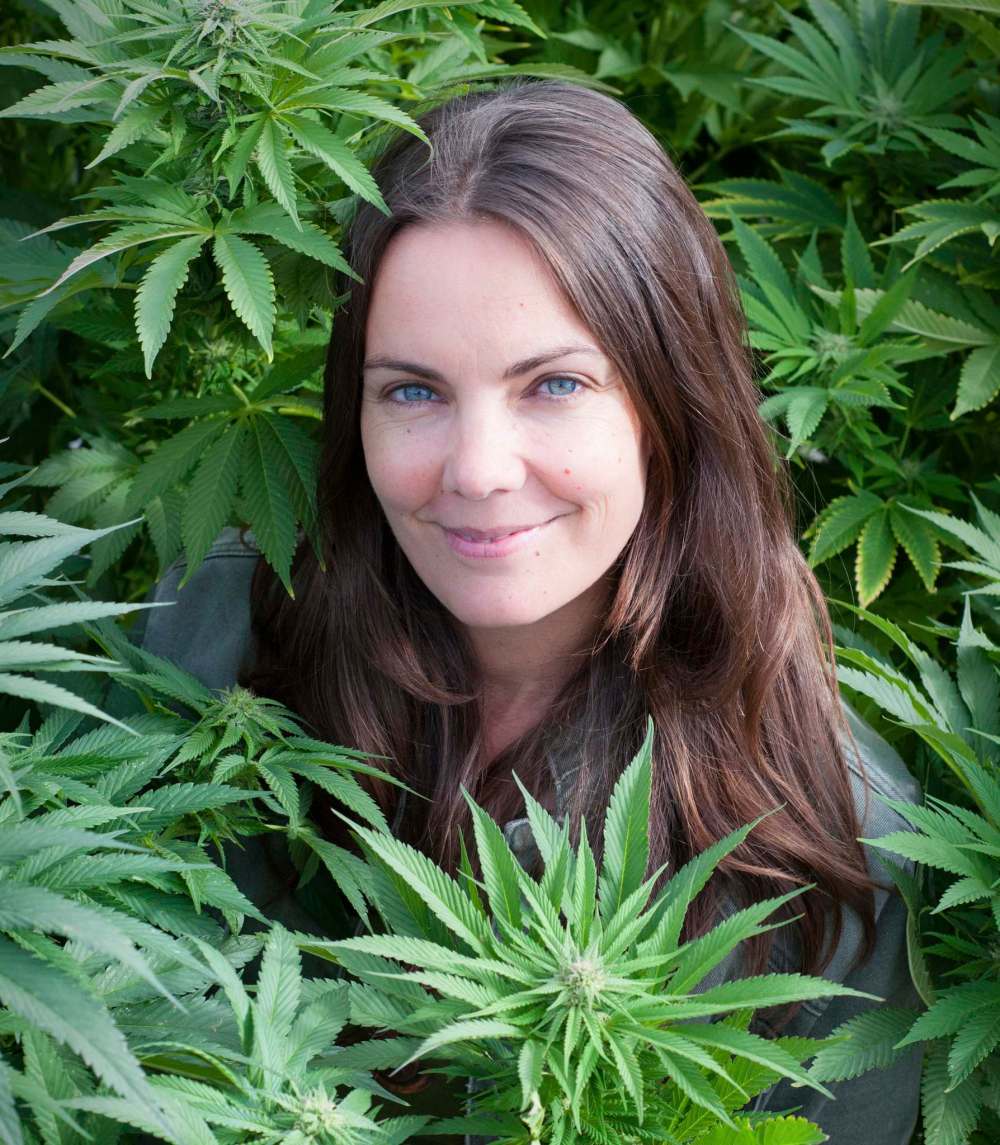
The term “wasn’t really widely used” before 2016, says Teresa Taylor, a director with the Craft Cannabis Association of British Columbia. The organization represents mostly unlicensed, small-scale cannabis cultivators and product producers in B.C.’s thriving black-market cannabis economy.
“I think the essence of craft cannabis is that it’s a careful consideration of the cultivators to the needs of the plant and in the crop to bring out the full potential,” says Taylor. “So, a focus on genetics, small batch, high quality, unique products.”
But in CCABC’s interpretation, craft cannabis is also defined by “independence,” in contrast to the fast-growing corporate cannabis sector.
“If we’re looking at a corporation where… the person at the head of the company doesn’t grow, he hasn’t touched a plant in his life, there’s a real distinction there,” says Taylor.
“That’s not an entity that we’d consider to be growing ‘craft.'”
CCABC is preparing to roll out an “independent certified” seal for its members’ products, to help them associate their products with the idea of craft cannabis.
But part of the push to brand unlicensed B.C. bud as “craft,” she said, is about changing the way people perceive unlicensed cannabis producers.
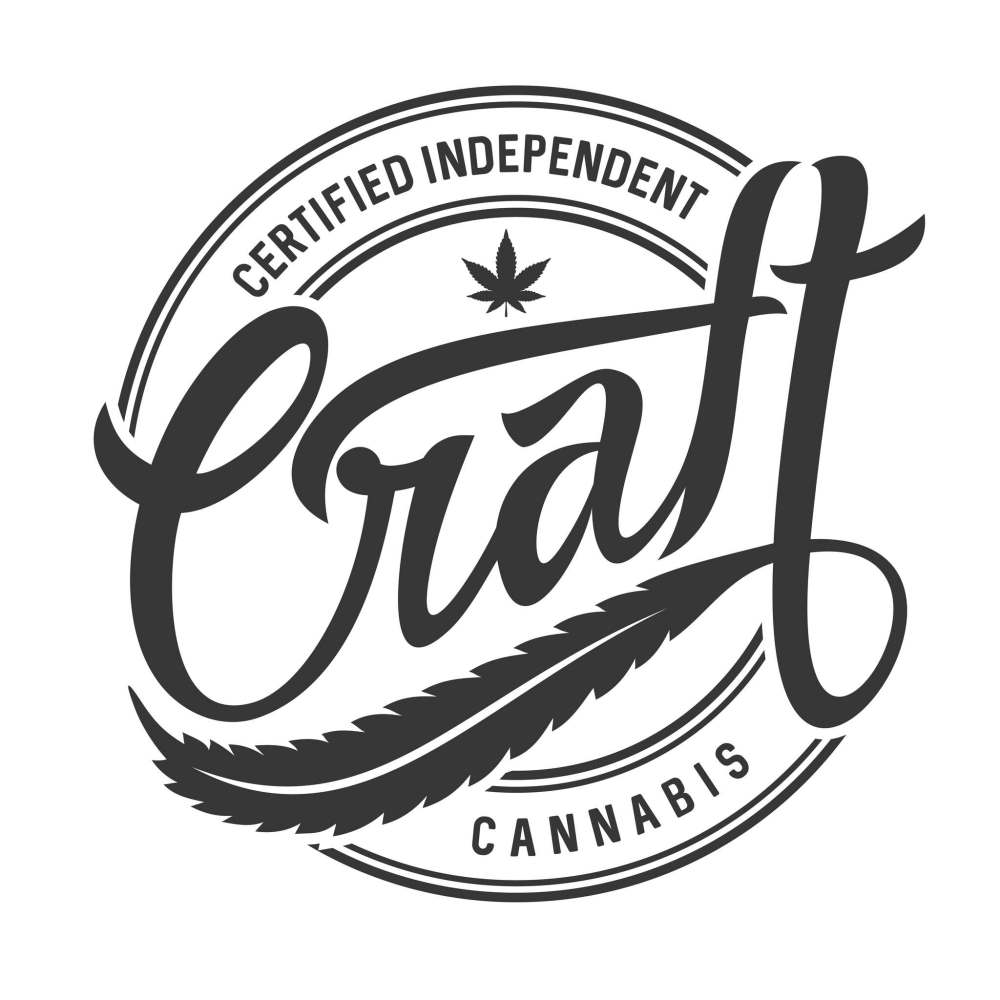
“We really feel like the merit of what we’ve built up is that consumers have come to recognize that what was first considered to be ‘black market,’ which we’d like to shift the language into ‘independent,’ so that people do have the opportunity to be considered legitimate.”
That kind of rebranding is a response to government rhetoric that the illicit cannabis market is controlled by organized crime, says Taylor.
“We’ve had to counteract that argument, that just because these people are illegal doesn’t mean they’re toting guns.”
Room for interpretation
The hazy definition of “craft cannabis” leaves plenty of room for confusion, says Courtland Sandover-Sly, president of the non-profit British Columbia Independent Cannabis Association. He thinks “craft cannabis” should be considered “more of a philosophy than a literal definition.”
“Until there’s actually literal markers for what ‘craft’ is… there are no markers and we’re literally just talking about a made-up word right now.”
Sandover-Sly says the term could be used to whitewash — or “craftwash” — black-market players who could definitely be considered “independent,” but whose products aren’t actually produced with the care that “craft” implies.
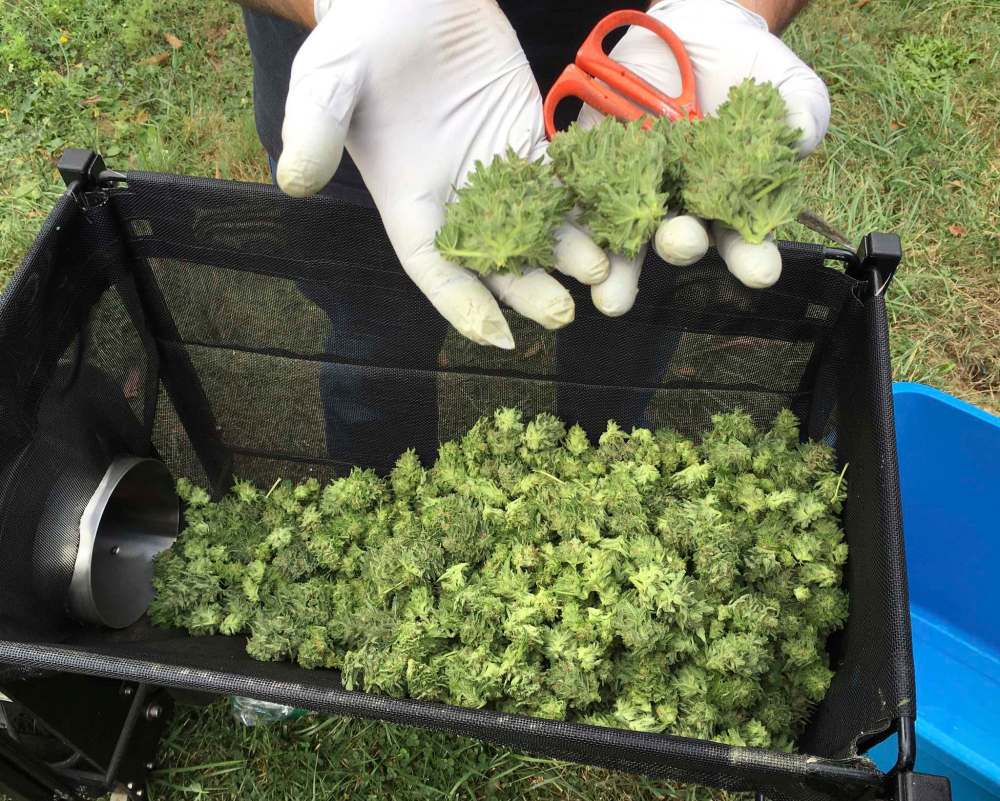
“There are plenty of bad, corporate-style actors in the British Columbia cannabis economy,” says Sandover-Sly.
“You can find some pretty nasty grows that are operating in pretty black-market places, and not having any quality — basically poisoning the people that consume it… There are plenty of bad actors that grow on a massive, massive scale that could therefore be considered ‘craft’ under that terminology.”
Jeanette VanderMarel agrees. The co-founder of Ancaster, Ont.-based legal cannabis producer The Green Organic Dutchman thinks the term “craft” is best applied to cannabis products, rather than producers.
“That’s the problem, is a lot of people in the black market, or the illegal market, are calling themselves craft growers,” says VanderMarel, who is currently launching a new licensed cannabis producer called Good & Green.
“I always use the analogy of craft beer. There are large breweries that make craft products. It doesn’t mean that the whole company’s craft — I think it’s more of an artisanal product,” says VanderMarel. “Hopefully a legal artisanal product.”
The idea of participants in the black-market cannabis industry branding themselves as “craft” is “confusing the media and the consumers in Canada,” says VanderMarel.
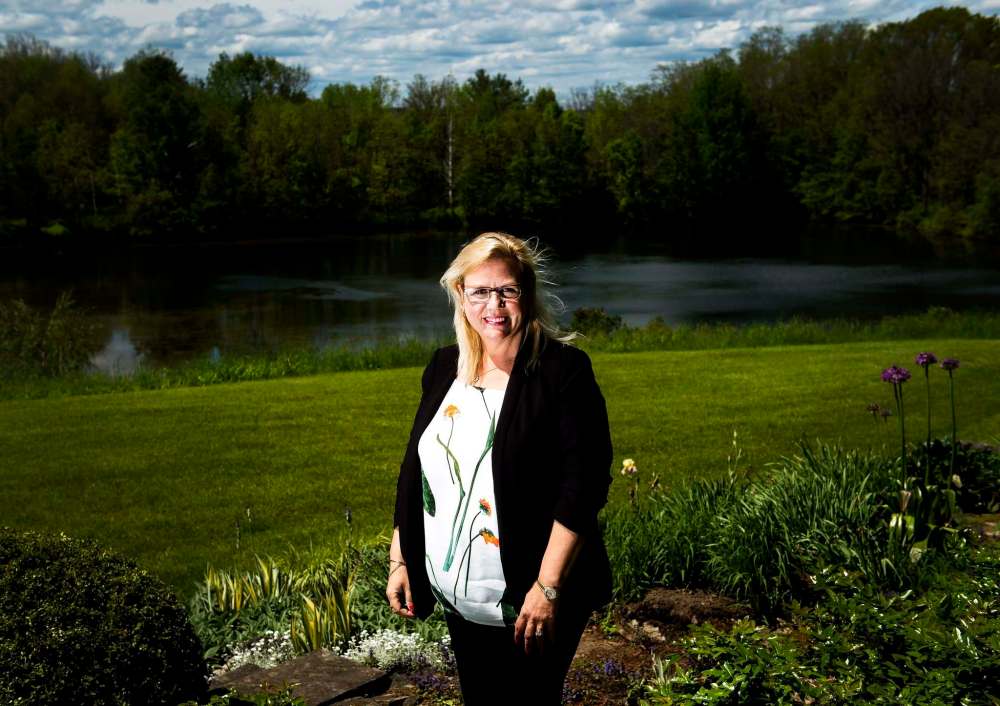
“To me, the analogy would be if a bunch of bootleggers got together, creating illegal products that may or may not be safe, and calling themselves a distillation group or something.”
To VanderMarel, craft cannabis is more about skill, enthusiasm, and a willingness to cultivate less common strains of cannabis for discerning consumers.
“I think it comes down to passion, and many of the black-market growers are very passionate. And there are some really skilled people that I’d love to bring into the legal industry.”
Technique, not size
Nathan Woodworth rejects the idea that size and scale preclude growing craft cannabis.
Formerly a medical cannabis cultivator under the federal government’s old Marihuana Medical Access Regulations, Woodworth is now the president and CEO of licensed cannabis producer James E. Wagner Cultivation in Kitchener, Ont.
“We’ve developed a proprietary aeroponic approach to growing cannabis,” explains Woodworth. “But that innovation and that high-tech nature of our production methodology doesn’t eliminate the concept of craft growing. Because each and every plant, we keep a complete life record of it. And we’ve developed methodologies that focus on the unique nature of each and every plant that we grow.”
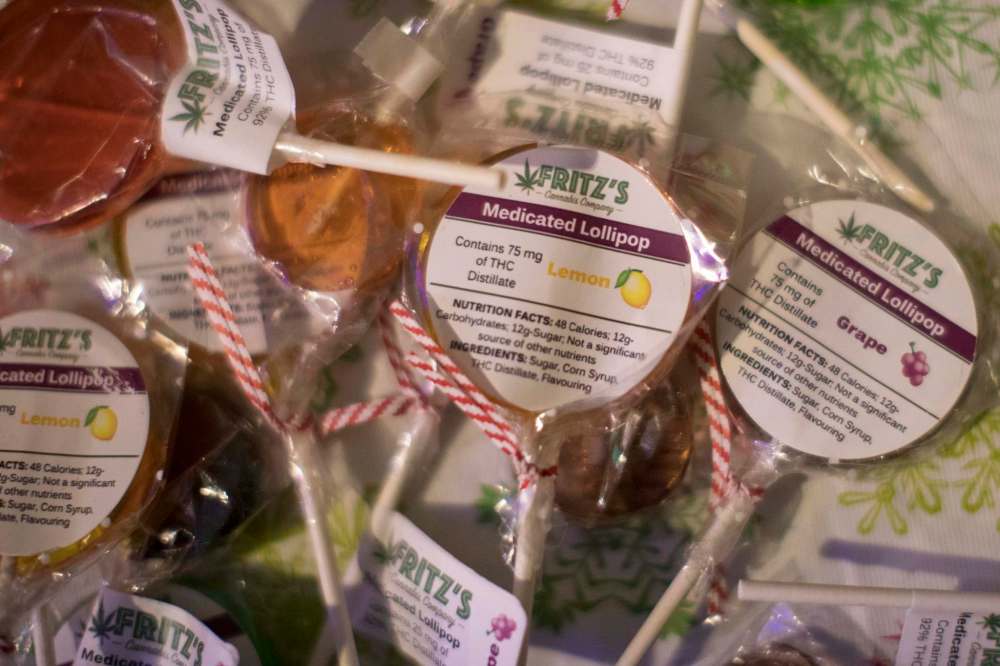
James E. Wagner is in the process of moving from a 15,000-square-foot space into a much larger, 350,000-square-foot facility — but that won’t stop the company from taking what Woodworth considers a “craft” approach to growing marijuana.
“The processes that our growers follow, the way that they’re educated and trained, it’s going to be identical,” he says. “So we’ve found a path to scale which doesn’t preclude the idea of retaining the craft of cultivation of cannabis.”
Woodworth acknowledges there are other ways to define “craft cannabis.” But for him, using the word comes down to “connecting ideologically with the consumer.”
“They’re the educated consumer, the particular consumer, they’re not the kind who would go out and buy any product off the shelf; they want to know what they’re involved in, they want to have a personal connection to the process.”
In the context of the legal cannabis industry, Woodworth sees “craft” as a way to signal a company’s value beyond simply pumping out as much cannabis as possible.
“It’s been a way that companies have really differentiated themselves, and it’s been a way to balance against the idea that, especially in Canada, the public markets have put a tremendous value on this move to scale and being able to find your way to full-scale production,” he says.
.jpg?w=1000)
“And there are companies who are not yet at full scale who still find a lot of value in what they do, and they feel like they have a valuable proposition to offer to their consumers, their patients and the users of their products. And so ‘craft cannabis’ is a way to communicate that idea.”
solomon.israel@theleafnews.com
@sol_israel

